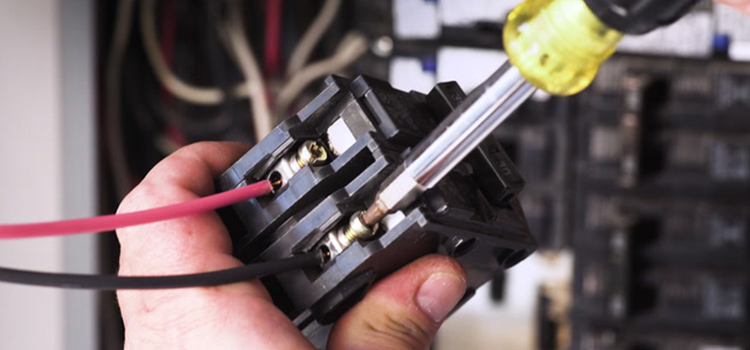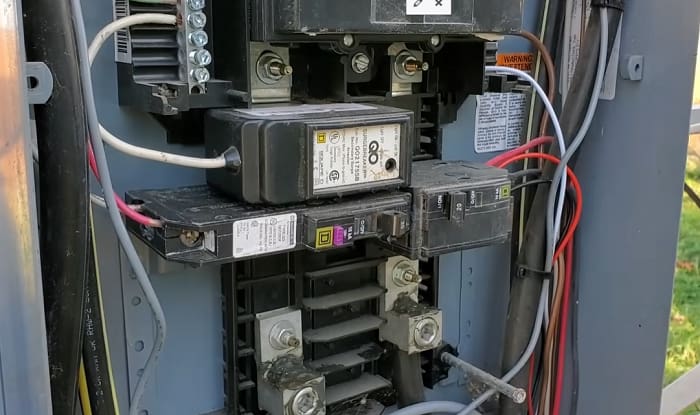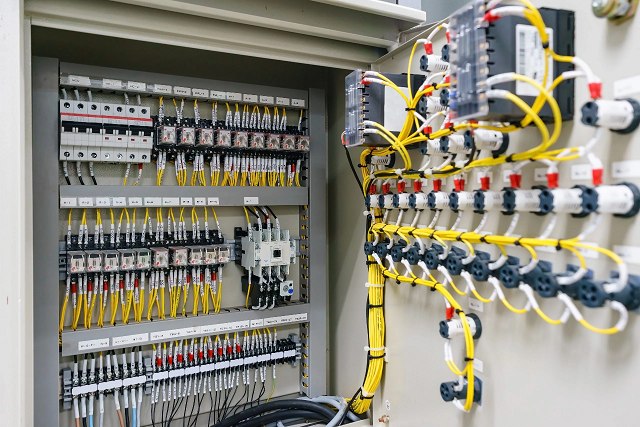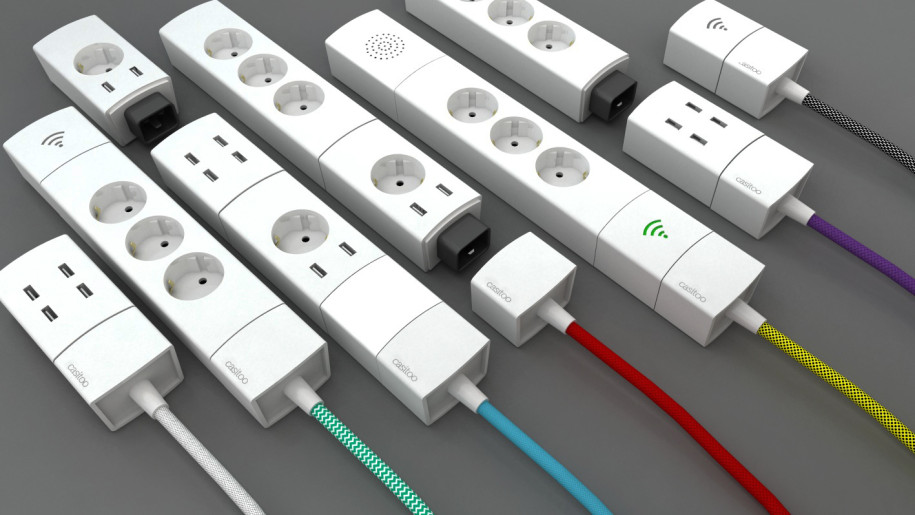Generators can be a lifesaver, especially during prolonged power outages. Yet, hooking one up improperly can lead to dire consequences. Thus, understanding how to wire a generator to a breaker is not only about keeping the lights on—it’s about ensuring safety. Let’s deep dive into this process step-by-step, ensuring you’re well-equipped to do it right.
Understanding the Basics
– Different Types of Generators
Generators come in various sizes and capacities, from portable units to large standby generators. Knowing the type you possess aids in the wiring process, ensuring compatibility with your home’s breaker.
– Anatomy of a Breaker Box
Your home’s breaker box, also called a circuit panel, is where the magic happens. It’s the central hub that distributes power to various parts of your home. Recognizing components like the main breaker, circuit breakers, and grounding bar will be crucial.
Safety First!
– Why Safety is Paramount
Wiring a generator directly to a home’s circuit without proper safety measures can lead to “back feeding,” a phenomenon that can electrocute utility workers repairing lines.
– Common Mistakes to Avoid
Avoiding common pitfalls, such as using mismatched cord sizes or failing to ground your generator, can make the difference between a safe connection and a dangerous mishap.
Materials and Tools Needed
– List of Essential Materials
From the right gauge of wire to durable connectors, ensuring you have all the materials beforehand is crucial.
– Recommended Tools
Equip yourself with tools like a screwdriver, wire stripper, and a voltmeter. A good toolset can simplify the process significantly.
Step-by-Step Guide: How to Wire a Generator to a Breaker
– Choosing the Right Location
Your generator should be in a well-ventilated area, away from windows and doors. Carbon monoxide emitted by generators is deadly and ensuring proper placement is crucial.
– Installing the Interlock Kit
This safety device ensures that the main circuit breaker is off when your generator is running, preventing dangerous back feeds.
– Connecting the Breaker
Using the right gauge wire, make the connections between your generator and the breaker, ensuring tight connections.
– Grounding the Generator
Proper grounding prevents electrical shocks. Using copper grounding rods and ensuring a tight connection is vital.
Testing and Troubleshooting
– Running the Initial Test
Once everything is set up, it’s essential to test the system. Ensure that the generator runs smoothly, and the power is being distributed correctly.
– Common Issues and Solutions
Encountering issues like the generator not starting or the breaker tripping? This section will provide insights on addressing them.
Maintenance and Care
– Cleaning and Storing
After use, ensure your generator is clean and stored in a dry place. This extends its lifespan and ensures efficiency.
– Periodic Check-ups
Regular inspections of the wiring, connections, and the generator’s overall condition can prevent future issues.
Concluding Thoughts
With the right knowledge and tools, wiring a generator to a breaker becomes a task anyone can accomplish. Ensure you always prioritize safety and maintain your equipment to enjoy uninterrupted power.
Conclusion
Knowing how to wire a generator to a breaker isn’t just about convenience; it’s a matter of safety. By following the steps provided and understanding the intricacies, you’re on your way to enjoying the benefits of your generator securely and efficiently. Stay enlightened and always prioritize safety!
FAQs
How long can I run my generator continuously?
Most generators can run continuously for 8-12 hours, depending on the model and fuel capacity. Always consult the user manual for specific guidelines.
Is it safe to run a generator in the rain?
No, it’s hazardous. Water can damage the generator and create a risk of electrocution.
Always ensure your generator is under a canopy or a waterproof covering.
What size generator do I need for my home?
The size of the generator you need depends on the total wattage of appliances you want to power. A common household usually requires a 5000 to 7500-watt generator.
Do I need a professional to wire my generator to a breaker?
While it’s possible to do it yourself with the right knowledge, hiring a professional ensures safety and correct installation.
Can I connect my generator directly to my home’s wiring?
Connecting directly without an interlock kit or transfer switch is dangerous and can lead to back feeding. Always use proper equipment and procedures.
How often should I maintain my generator?
It’s recommended to inspect your generator every 50 hours of use. Regular maintenance, like oil changes and air filter checks, should be done as per the manufacturer’s guidelines.




